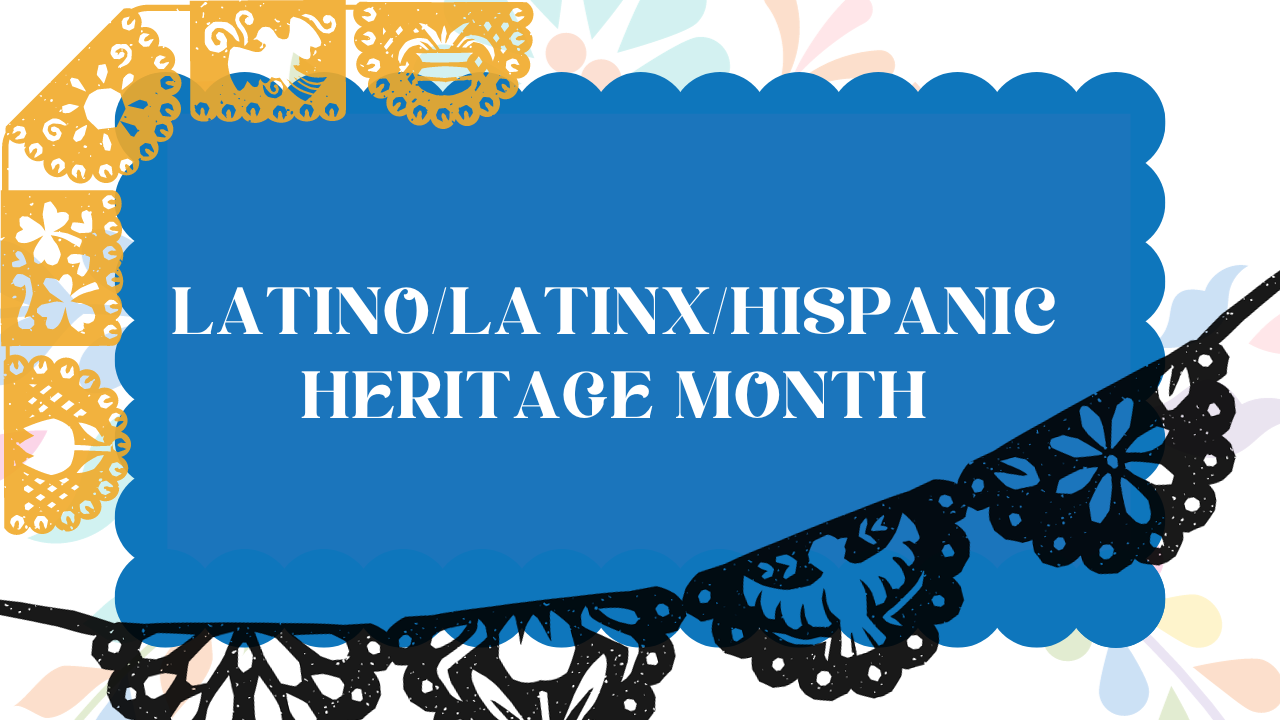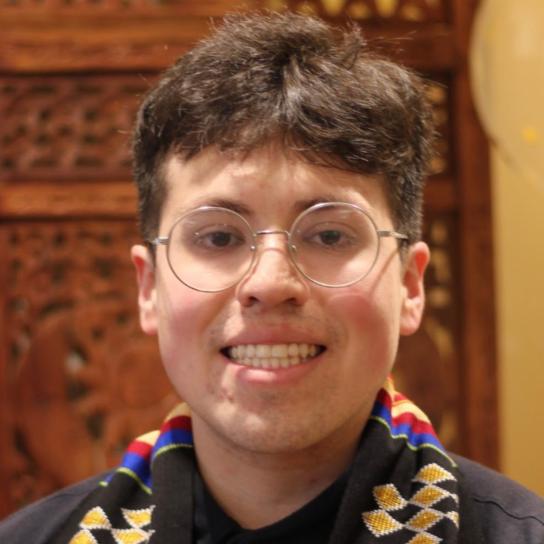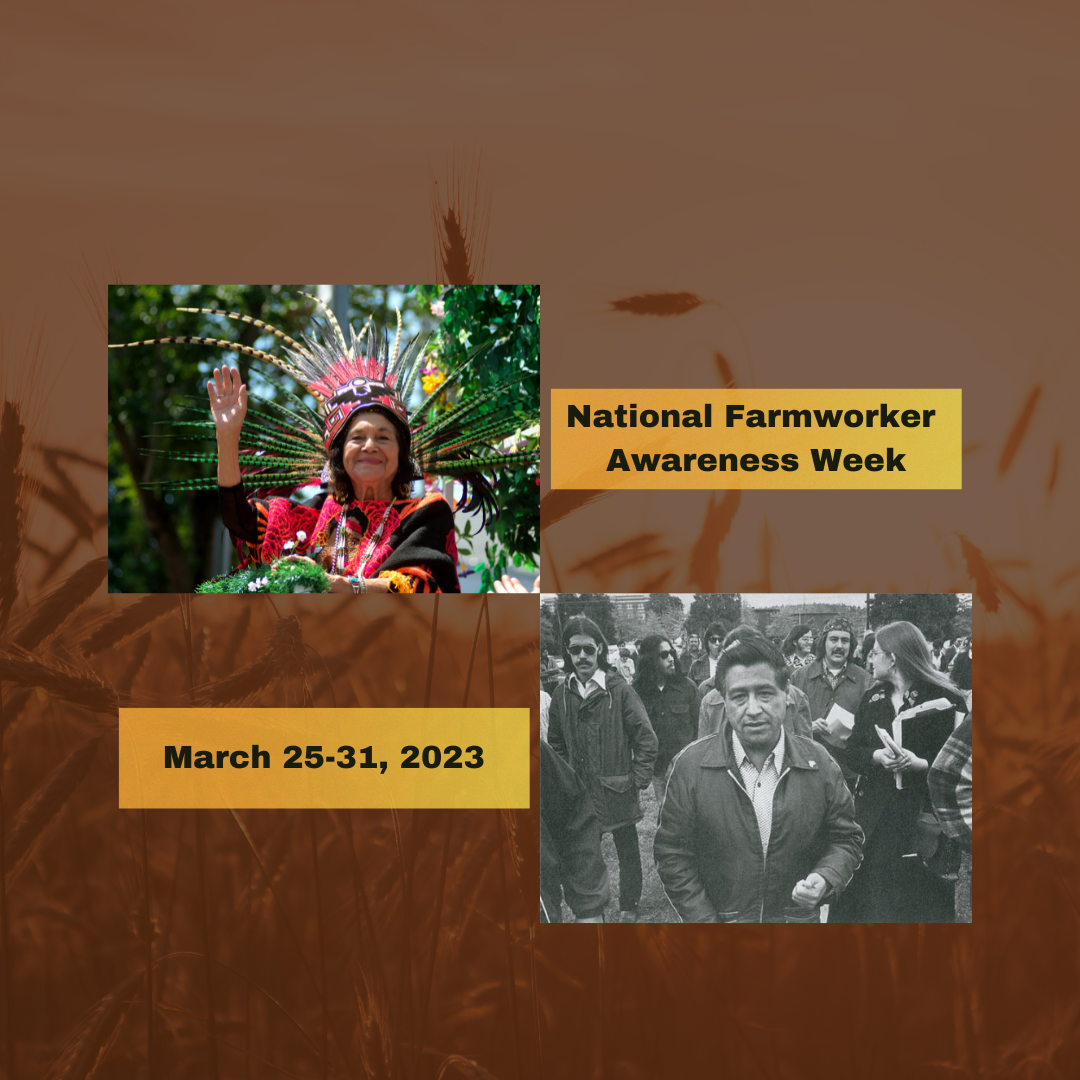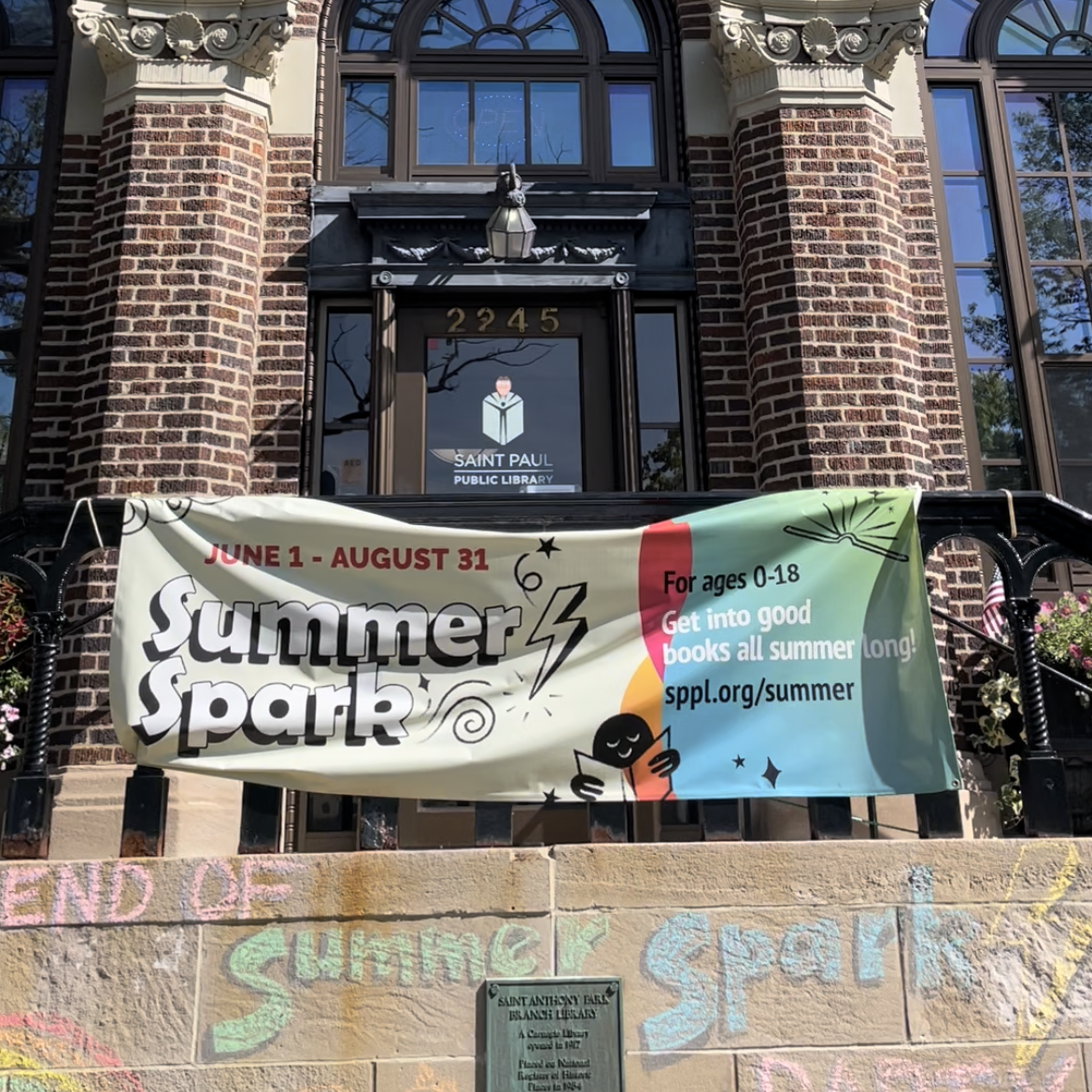Quick Summary
Is it Hispanic, Latino, or Latinx Heritage Month? The answer is yes. All of these are interchangeable, though they are all different. We will get into this a little later on, but I will use Latino/x Heritage Month for this article. Why? Keep reading!

Is it Hispanic, Latino, or Latinx Heritage Month? The answer is yes. All of these are interchangeable, though they are all different. We will get into this a little later on, but I will use Latino/x Heritage Month for this article. Why? Keep reading!
Latino/x Heritage Month started as a week but was later expanded to a month by the U.S. Congress in 1988. It’s a time to celebrate Latino/x culture and communities and all of their contributions to our country. The month overlaps with various independence days in Central and South America, adding an extra layer to the significance and celebration of these communities.
There is an ongoing conversation regarding the terms that should be used to refer to this large and diverse community. While the terms Hispanic, Latino, and Latinx are often interchangeable, fundamental differences exist. Hispanic is language-based and refers to people with origins from Spanish-speaking countries, which includes Spain but excludes Brazil and some Caribbean islands, as well as indigenous communities that do not speak Spanish. The term Latino is not dependent on language but rather geography, as it refers to people with ancestry from Latin America, which includes Brazil and most Caribbean islands. Latino is a masculine term, and Latinx removes gender as a component to be inclusive of all within the community, especially LGBTQ+ individuals. The terms Latino and Latinx also reject colonialism by avoiding celebration of the connection to European colonialism and by refusing to use Spanish as an indicator of identity, since it has been used to erase many indigenous cultures and languages. To learn more about these terms' origins, definitions, and usage, check “Cultural Insights for Planners: Understanding the Terms Hispanic, Latino, and Latinx” by Ivis Garcia, available through the Academic Search Premier on eLibrary Minnesota.
Many Latino/Latinx individuals have made significant contributions to Minnesota. The Minnesota Digital Library gives us access to an extensive collection of oral histories that explores these voices, their experiences, and the impact we continue to see today. Ramon Leon played a considerable role in establishing El Mercado Central and many Latin/x businesses. After moving to Minnesota from Mexico and starting his reupholstery business, he helped other immigrants from various backgrounds do the same. He believed that to promote social change and tackle the issues faced by the Latino/x community, they needed to build economic power, establish their own institutions and services, and embrace social responsibility. This led him to join the board of directors that opened the Mercado Central in 1999. He eventually closed down his business to focus his efforts on social and economic growth with the Latino Economic Development Center, which has helped open many of the Latino/x-owned businesses, institutions, and organizations we see today.
Luis Fitch is known for art that takes heavy inspiration from his experience growing up in the border town of Tijuana, with its combination of Mexican as well as American influences. His fine art and cross-cultural design work has gained him international recognition, including awards and prominent work with companies such as MTV Latino, Target, Nike, and others. He has also had a significant role in many Latino/x-based businesses and organizations that are active today, such the branding for El Mercado Central, CLUES, Global Market, and El Colegio. Check out his oral history to learn more about his early life, art progression, contributions, and how he sought to address the need to create culturally representative and accurate marketing.
Eloisa Chavez has had an enormous impact on promoting education, increasing accessibility, and empowering the Latino/x communities in the Twin Cities. She grew up in Colombia before moving to Minnesota to attain a bachelor's degree in computer science and a master’s degree in education and leadership for administration. During her undergrad, she recognized the lack of diversity in education. This led her to become director of the Latino program at Augsburg College, where she also establishing Latino/x student services. After six years at Augsburg, Eloisa became director for La Oportunidad Inc., which promotes Latino/x development by addressing the community's needs and increasing accessibility to education and other resources. She started with computer science, but followed her passion by advocating for diversity and inclusion, and by supporting the Latino/x community. Her impact continues to be seen today.
For me, growing up Mexican in Minnesota, and experiencing a variety of Latino/X cultures, this month is filled with celebration and pride in our culture. At the same time, I recognize the hardships we continue to face and find ways to empower our community by learning from those within it. I was entranced by the different oral histories available in the Minnesota Digital Library, which provide insights into how they overcame obstacles and made their contributions. They show the experiences and diversity of the Latino/x community in Minnesota, and offer a blueprint for future generations to build upon and succeed.



